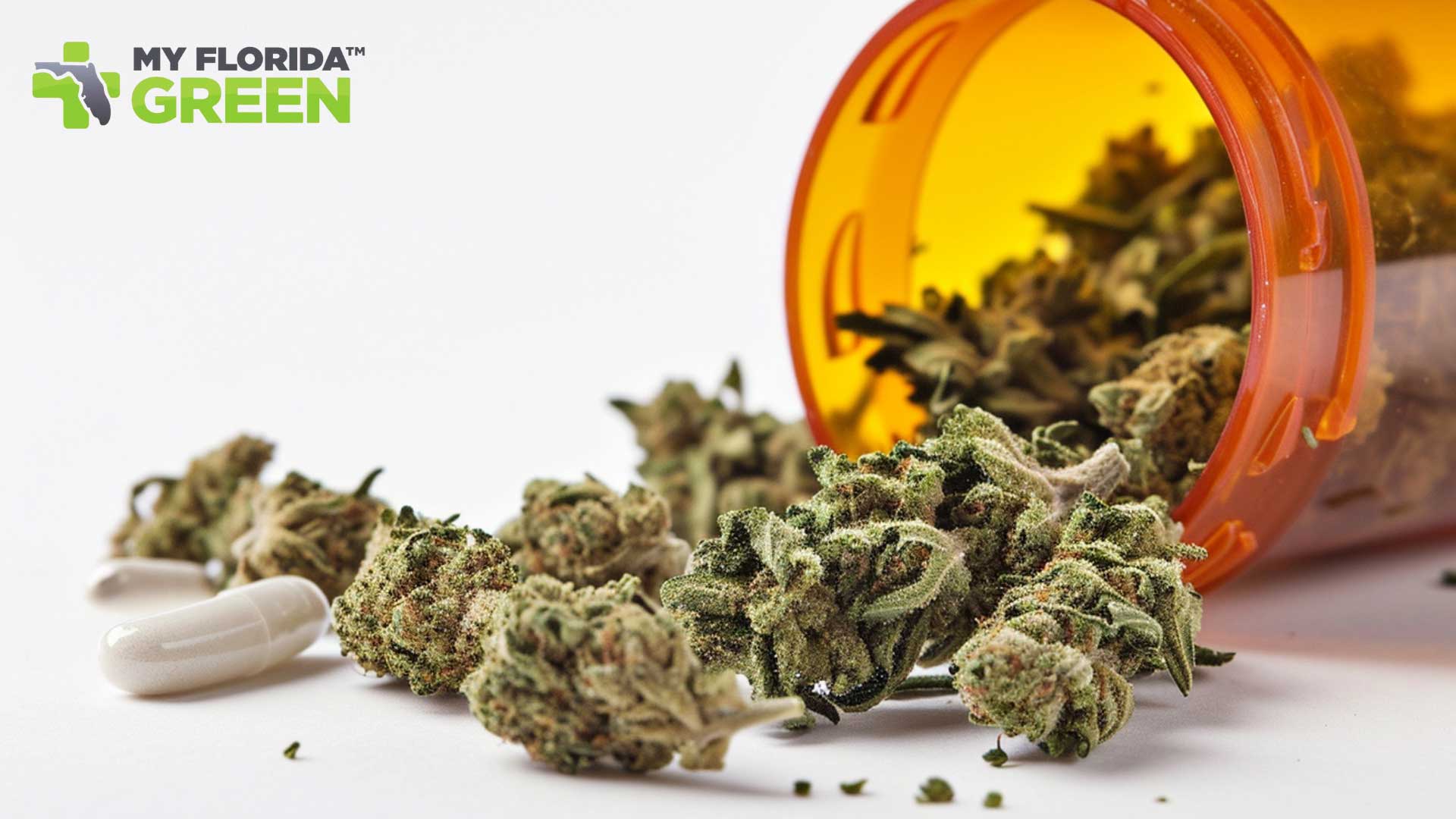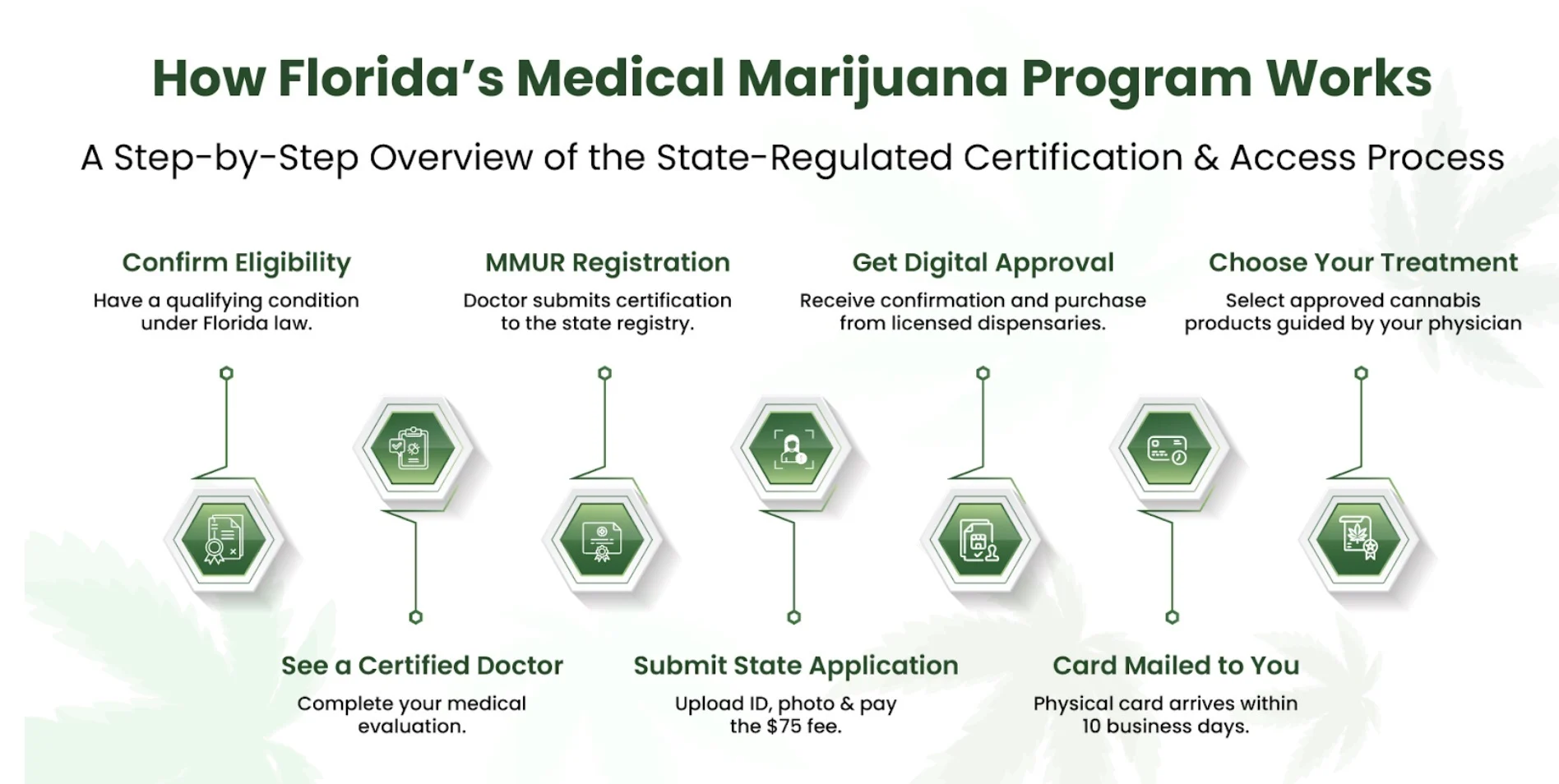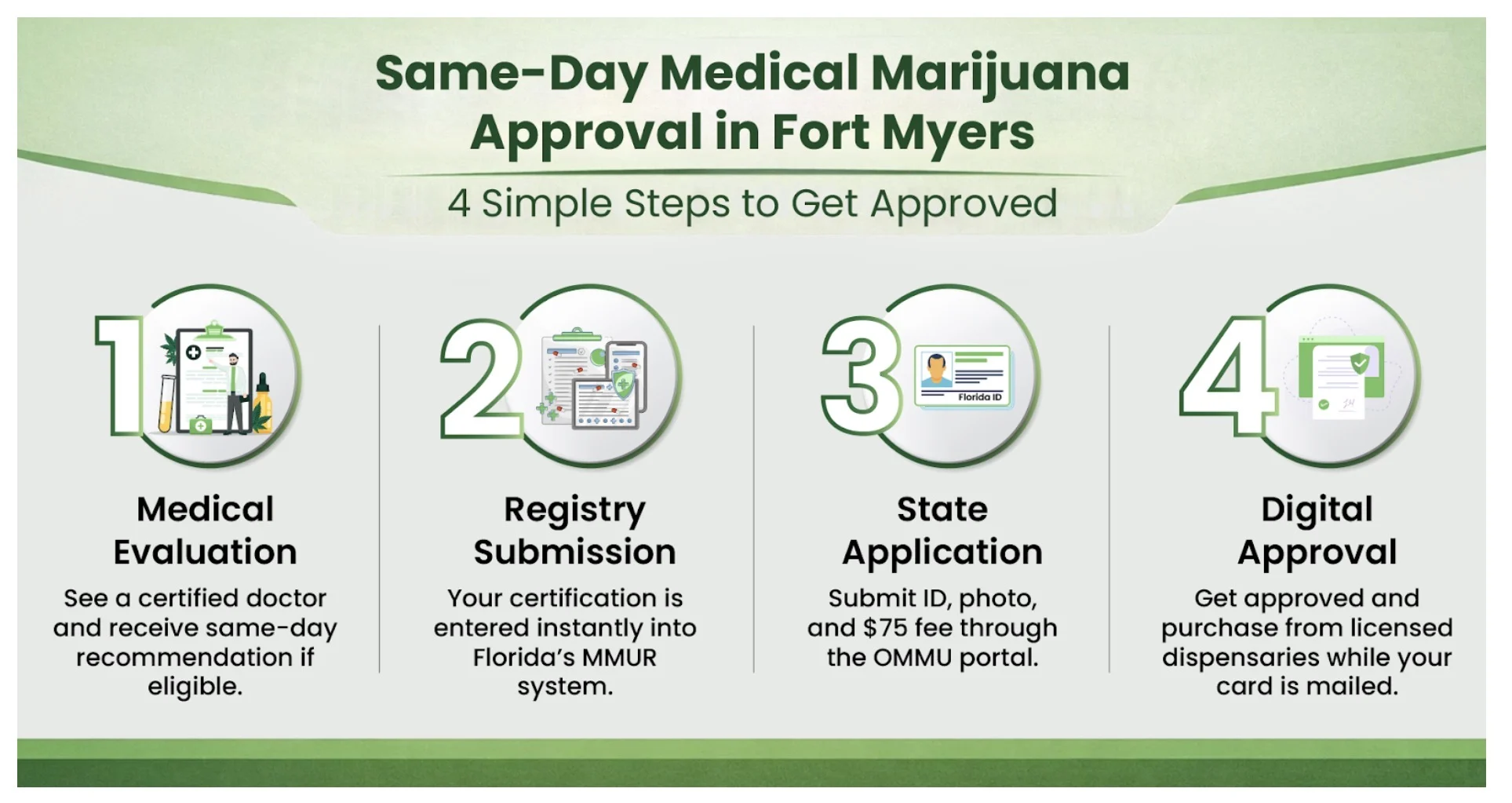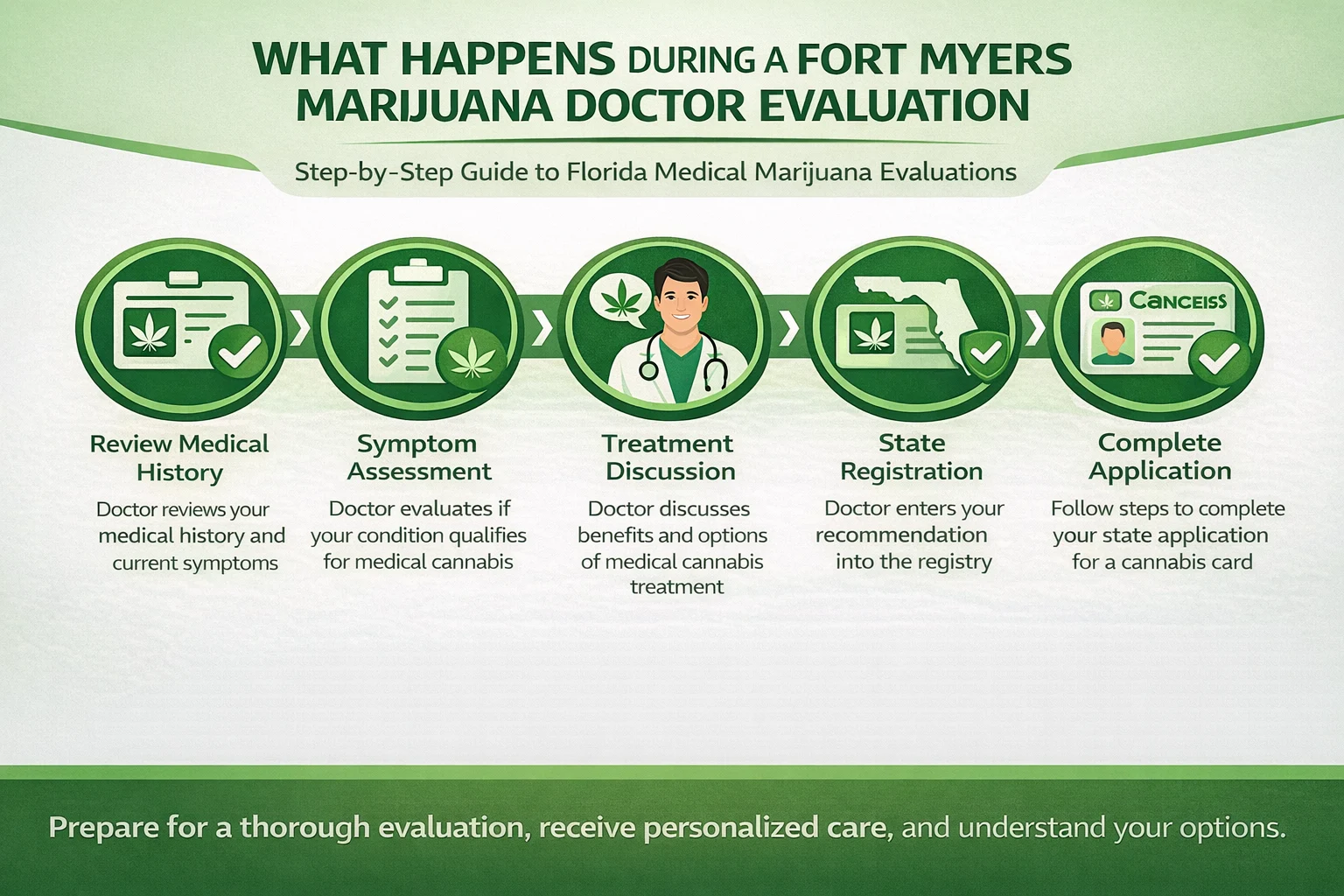In the age of robust research and advanced medicinal practices, medical marijuana has piqued the interest of clinicians as an alternative drug. The rising attention towards medicinal marijuana comes from the latest findings regarding the effective nature of MMJ for health. In the Sunshine State, you can use MMJ for a limited number of health issues including Parkinson’s disease. However, the right dosage, method of marijuana ingestion and best roadmap for treatment must be discussed with a marijuana expert. Moreover, you must get a medical marijuana card Naples for using marijuana.
In this article we will discuss the application of medical marijuana in modern healthcare and also its use for managing the symptoms of Parkinson’s disease.
Understanding Parkinson’s disease
Parkinson’s disease is a neurological movement related illness. It manifests due to low dopamine levels in the brain. The area of the brain in charge of movement and coordination receives information in part from dopamine. As a result, people may find it more difficult to control their movement when their dopamine levels are low.
A loss of smell, tremor, and issues with coordination are some of the early symptoms. Parkinson’s disease symptoms appear gradually. They frequently begin with a mild tremor in one hand and a rigidity in the body. Other symptoms may appear later on, and dementia may strike certain individuals.
Early Indicators of Parkinson’s disease
Among some of the possible early indicators of Parkinson’s disease are:
- Shifts in movement, like tremors
- Deficits in balance and coordination that make someone to trip or fall
- inability to smell
- Altered gait resulting in a slight forward lean or shuffling gait
- Locked facial expressions because of altered nerves controlling the muscles of the face
- More constricted and smaller handwriting
- A trembling or quieter voice
- Irregular eye movements during sleep because of restless legs and other causes
Movement symptoms might begin on one side of the body and spread to the other over time. Other typical signs and symptoms include:
- trouble swallowing and chewing
- exhaustion
- constipation
- skin problems
- mood swing, and depression
- hallucinations that may develop over time
Parkinsonism and similar symptoms
Individuals experiencing symptoms similar to Parkinson’s disease may have other underlying conditions. These include Parkinsonism, stroke, head trauma, multi-system atrophy, progressive supranuclear palsy, among other symptoms.
If you notice any of these symptoms, it’s advisable to consult a neurologist specializing in Parkinson’s disease and related disorders for a proper diagnosis and appropriate treatment.
Treatment of Parkinson’s disease
Individuals with Parkinson’s disease (PD) can live fulfilling lives with the right treatment approach. Dopaminergic medications, when used appropriately under medical supervision, can effectively manage symptoms. Parkinson’s disease patients require this drug because their brains lack or have low amounts of dopamine, primarily as a result of damaged neurons.
Unfortunately, there is no cure, various treatment options, including medication, surgery, and lifestyle changes, can help manage PD.
Parkinson’s disease occurs when neurons in a specific part of the brain (substantia nigra) are damaged. This damage leads to a buildup of a protein called alpha-synuclein, which forms clumps called Lewy bodies.
Parkinson’s disease may not necessarily have a deadly course, although its consequences can. Thus, it is necessary to manage the disease using the right treatment methods.
Risk factors for PD
The likelihood of getting Parkinson’s disease may be raised by a number of environmental factors. They include:
- Previous traumatic brain injury: In some cases, head trauma sustained during contact sports may raise the chance of developing Parkinson’s.
- Exposure to toxins: These can include metals, pesticides, solvents, and other contaminants.
- Gender: While men are generally more likely to develop Parkinson’s disease than women, the risk gap may narrow with increasing age.
- Age: Around the age of sixty is when the ailment typically manifests.
- Certain drugs and medications: While a person might not have Parkinson’s disease, they may develop Parkinsonism, a condition marked by tremors and other symptoms.
Treatment through Medical Marijuana
The plant genus known as cannabis has a wide range of effects on the body and brain when consumed by humans. Based on clinical evidence, cannabis can produce a pleasant “high” that stimulates the brain’s reward system and attracts the user, encouraging continued use.
In addition to altering perception of one’s environment, cannabis can have an impact on memory, judgment, reaction time, and learning capacity.
Despite this, users have reported that medical marijuana can help with a number of medical issues, including severe pain. Medical marijuana has been demonstrated in studies to help reduce tremors, enhance sleep quality, relieve pain, control non-motor symptoms, and lower prescription drug side effects.
Furthermore, medical marijuana can manage non-motor symptoms of PD. They include anxiety or depression as well as drug side effects such as nausea, and hallucinations, hence increasing tolerability.
Cannabis use has both benefits and drawbacks for those with Parkinson’s disease. Possible improvements in anxiety, discomfort, insomnia, weight loss, and nausea are among the advantages. Your doctor can recommend the right method of using marijuana as it is available in numerous forms such as oils, vapes, capsules, edibles etc.
However, impaired cognition, lightheadedness, blurred vision, mood and behavioral changes, loss of balance are some possible side effects.
Moreover, long-term marijuana usage raises the risk of lung cancer and mood disorders, especially among young users. Thus, it is necessary to discuss the use of medical marijuana with a doctor with marijuana specialization and experience.
Final Thoughts
Medical marijuana is a viable treatment option for Parkinson’s disease. You can use medical marijuana for Parkinson’s disease after consulting a medical marijuana doctor. The doctors at My Florida Green can aid you in approaching a medicinal roadmap and also assist you in navigating the medical marijuana card acquisition process. By using medical marijuana Naples, you can embark on your journey to an improved life.










